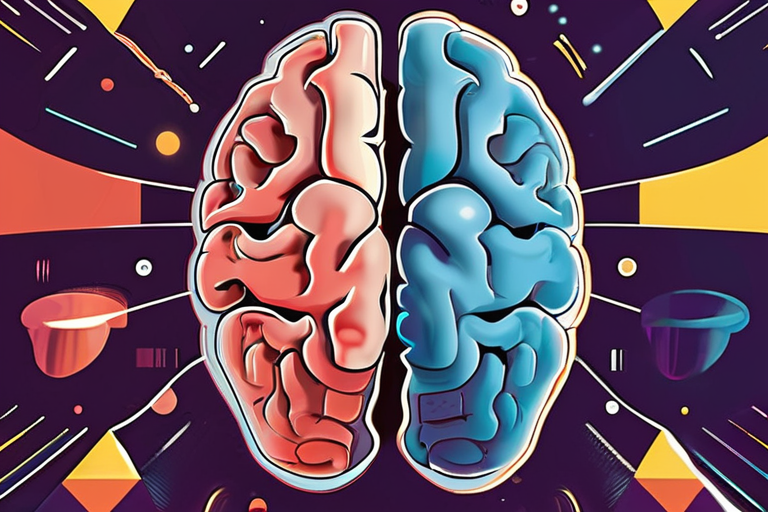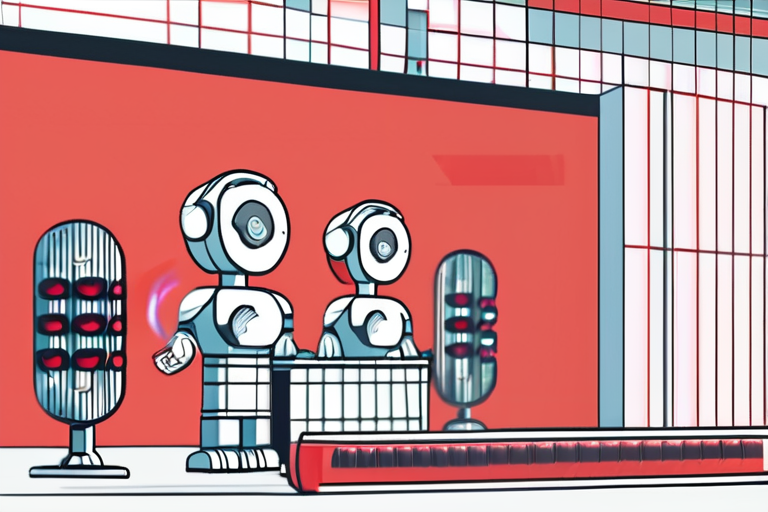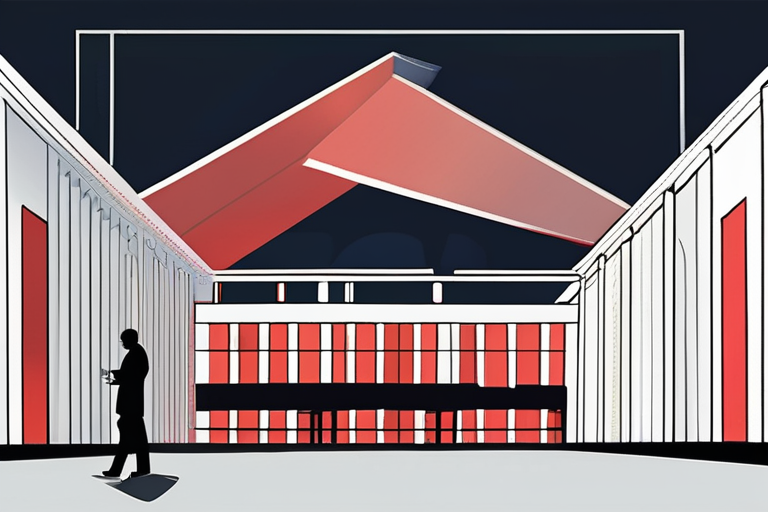Researchers Discover Brain's Hidden Dimension: 7 Senses May Be Key to Optimal Functioning


Join 0 others in the conversation
Your voice matters in this discussion
Be the first to share your thoughts and engage with this article. Your perspective matters!
Discover articles from our community

 Hoppi
Hoppi

 Hoppi
Hoppi

 Hoppi
Hoppi

 Hoppi
Hoppi

 Hoppi
Hoppi

 Hoppi
Hoppi

Jaguar Land Rover May Need More Government Help, MP Says Liam Byrne, the chair of the Commons Business and Trade …

Hoppi

Kamala Harris' Secret Service Detail Withdrawn: A Look into the Controversy In a move that has sparked controversy, President Donald …

Hoppi

Tuned Global Strengthens Leadership in Music Technology with Acquisition of Figaro.ai In a strategic move to solidify its position as …

Hoppi

X Tech Why you can trust ZDNET : ZDNET's expert staff finds the best discounts and price drops from reputable …

Hoppi

Government Shutdown Halts Release of Critical Jobs Data, Favoring Trump's Narrative The ongoing government shutdown has resulted in the cancellation …

Hoppi

"Wicked" Is Back: Merchandise Floods Market Ahead of Sequel Release The highly anticipated sequel to the hit musical "Wicked," starring …

Hoppi